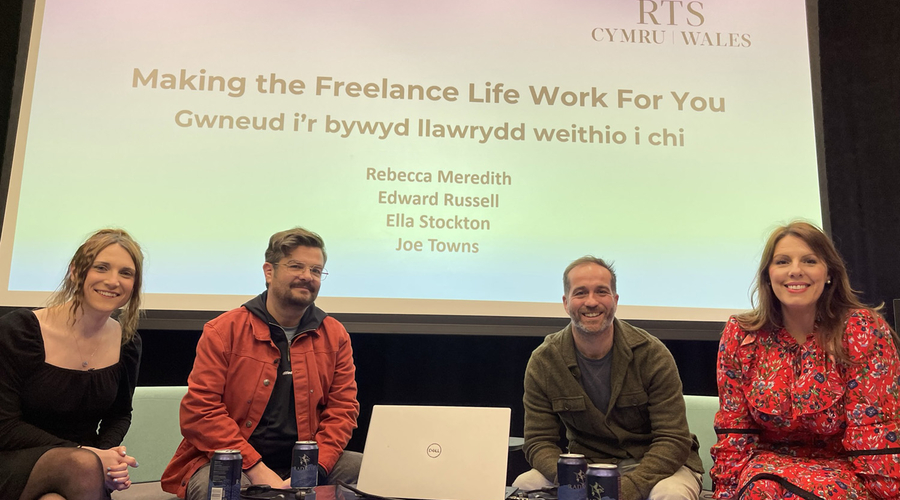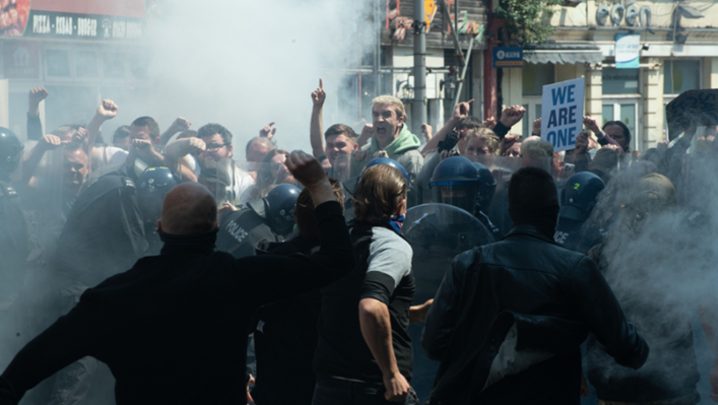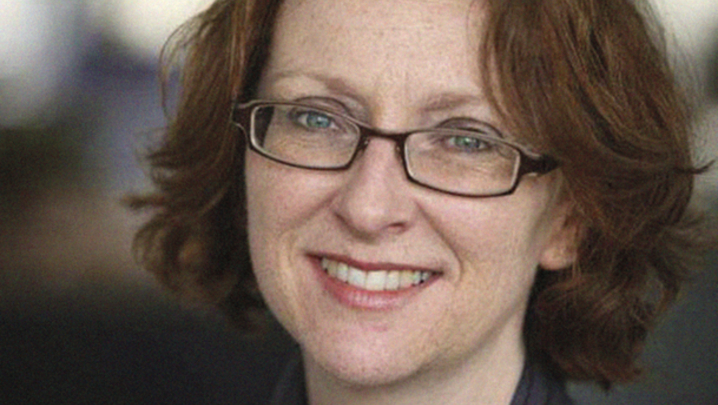The BBC’s New Broadcasting House in Cardiff was the venue for a January panel discussion presented by ScreenSkills and RTS Cymru Wales on freelance working in TV.
It was part of an afternoon of sessions produced by the BBC Academy’s Production Unlocked initiative.
Rebecca Meredith, ScreenSkills training liaison manager for Wales, was joined by freelancers Ella Stockton, an assistant director, and two members of the RTS Cymru Wales Committee: script editor Edward Russell (Chair) and Joe Towns, a media lecturer at Cardiff Metropolitan University, who is also a freelance sports documentary producer.
Stockton described how, after training with Screen Alliance Cymru, she worked as a freelance assistant director on Casualty, which she described as a generally positive experience – “I liked the freedom and the chance to develop other interests” – such as, in her case, working on Season 2 of the Netflix youth comedy Heartstopper, during a summer break.
A sports TV production career appealed to Towns but, while he felt the uncertainty of full-time freelancing was not for him, he recognised that, “being too long in a staff job can make you complacent – working as an outsider makes you… look for new opportunities”.
After working for many years in the BBC, initially for Top of the Pops and later as a brand manager for Doctor Who, the pandemic inspired a change of direction for Russell. He trained as a script editor, which allows him to enjoy being an “on-set pedant”. He added that freelance work can lead to other opportunities – Russell recently edited a TV commercial and subsequently wrote the music for it.
All agreed that, currently, there were numerous lucrative freelance opportunities in the rapidly expanding high-end drama production scene in South Wales. “Being smart and based near studios is a good idea,” said Stockton.
Towns added: “There’s no need to be based in London any more”; while all agreed with Russell’s advice to “get an accountant”.







